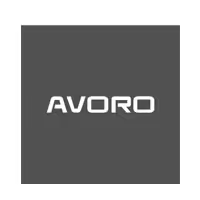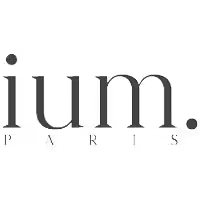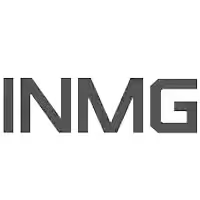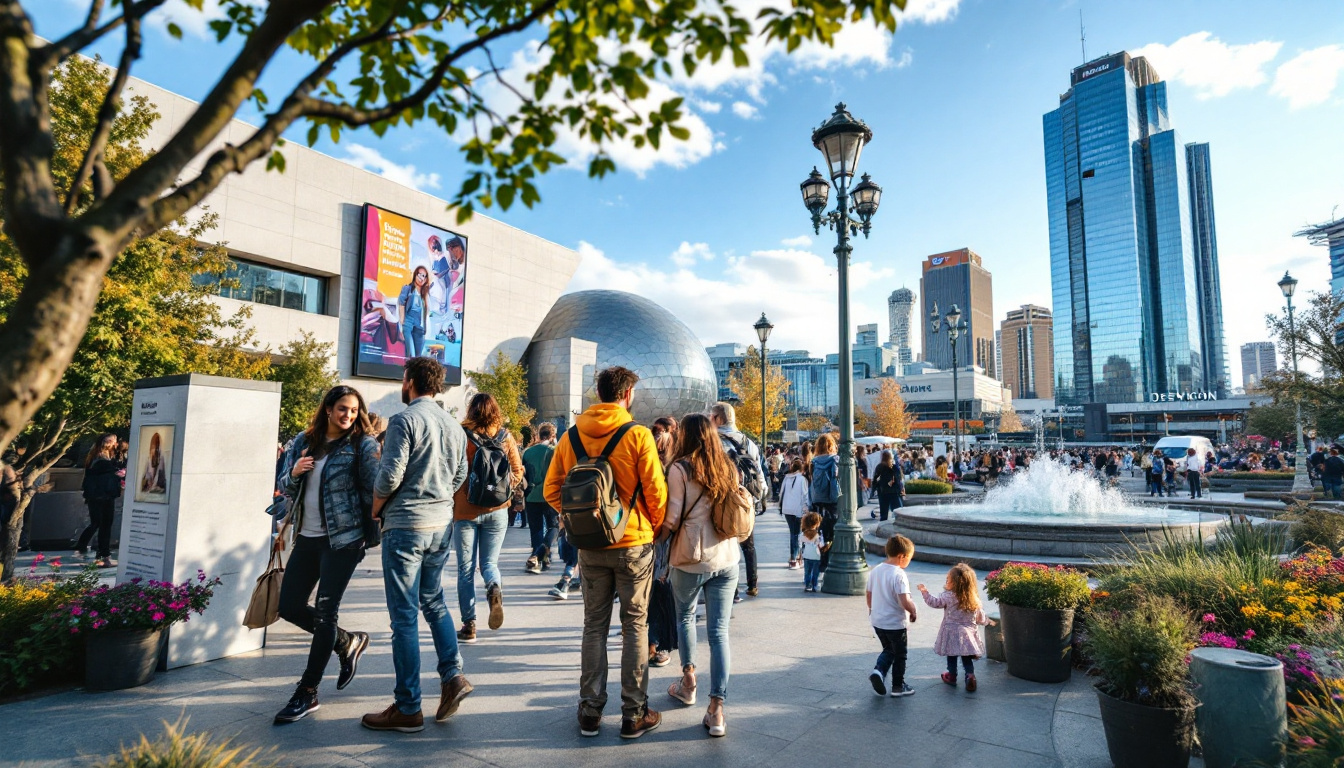How Retargeting Ads Help Reading’s Tourism Businesses Reconnect with Visitors

In the competitive landscape of tourism, businesses in Reading are constantly seeking innovative ways to attract visitors and encourage them to return. Retargeting ads have emerged as a powerful tool for reconnecting with potential tourists who have previously shown interest. This article explores how these strategies benefit local tourism businesses, the challenges they face in re-engaging past tourists, and how they can craft effective campaigns that resonate with their target audience.
How Retargeting Ads Help Reading’s Tourism Businesses Reconnect with Visitors
Retargeting ads serve as a reminder to past visitors, helping them recall their enjoyable experiences in Reading. By serving ads focused on previous interactions, these campaigns can pull users back into the buying cycle. For example, if a visitor browses the website of a local hotel but doesn’t book a stay, a retargeting campaign can remind them of the unique offerings the hotel provides. These ads can also showcase testimonials or user-generated content from other guests, enhancing credibility and encouraging potential visitors to consider a return trip.

These ads utilize cookies to track users’ online behavior and display specific advertisements based on their previous interactions. This personalized approach creates a sense of relevance for the user, making it more likely that they will engage with the ad and return to book a visit. Additionally, retargeting can be enhanced by integrating social media platforms, allowing businesses to reach users where they spend a significant amount of time. By creating visually appealing ads that resonate with the audience's interests, businesses can foster a deeper connection and encourage engagement.
Furthermore, retargeting ads can highlight special events or seasonal activities in Reading. By showcasing upcoming festivals or attractions tailored to previous visitors’ interests, local businesses can reignite the spark that led tourists to consider Reading in the first place. For instance, if a visitor previously showed interest in art, an ad promoting an upcoming art festival or exhibition could be particularly effective. This targeted approach not only increases the likelihood of a return visit but also enriches the visitor's experience by aligning it with their passions.
The Challenges of Re-Engaging Past Tourists
Despite the effectiveness of retargeting ads, tourism businesses often face several challenges in re-engaging past tourists. One of the primary issues is the oversaturation of ads. In an age where consumers are bombarded with marketing messages, standing out can feel like a daunting task. To combat this, businesses must focus on crafting unique and compelling narratives that resonate with their audience, rather than relying solely on standard promotional tactics.
Moreover, not every visitor may respond positively to retargeting efforts. Some may perceive these ads as intrusive or overly aggressive. Balancing frequency and relevance is key; businesses must ensure they are not overwhelming potential customers while still remaining top-of-mind. A/B testing different ad formats and frequencies can help determine the optimal approach for engaging past visitors without causing ad fatigue.
Additionally, changing consumer preferences can complicate retargeting strategies. For instance, what interests a tourist today might not hold the same allure six months from now. Thus, businesses need to continuously analyze their campaigns to stay relevant and appealing to their audience. By leveraging analytics tools, they can gain insights into emerging trends and adjust their messaging accordingly, ensuring that their retargeting efforts remain effective and timely.
Crafting Retargeting Campaigns to Highlight Exclusive Offers
To effectively engage past visitors, tourism businesses in Reading can craft retargeting campaigns that emphasize exclusive offers. By presenting unique packages, discounts, or limited-time deals specifically designed for returning customers, businesses can encourage previous visitors to take action. Highlighting local partnerships, such as collaborations with nearby restaurants or attractions, can also enhance the value of these offers, making them more appealing to potential returnees.
Personalization plays a crucial role in this process. Utilizing data on previous visits, businesses can tailor offers to the interests and preferences of past guests. For instance, if a tourist previously booked a family-friendly hotel, an ad featuring a discounted family package or local attraction can be more enticing. Additionally, incorporating dynamic content that changes based on user behavior can further enhance the personalization aspect, ensuring that each visitor sees the most relevant offers.
Consider implementing a sense of urgency in these campaigns. Phrases like “limited time offer” or “last chance to book” can create a fear of missing out, incentivizing users to ignore their hesitation and revisit Reading sooner rather than later. Furthermore, integrating countdown timers or showcasing the number of remaining spots for an event can amplify this urgency, prompting quicker decision-making among potential visitors.
Additionally, featuring local experiences or events that may have changed since their last visit can pique renewed interest. Highlighting cultural festivals or new dining options can appeal to tourists seeking fresh experiences during their next trip. By showcasing the vibrant and evolving landscape of Reading, businesses can entice past visitors to rediscover the charm of the city and create new memories.
Using PPC to Promote Repeat Visits
Pay-per-click (PPC) advertising complements retargeting efforts and is an effective tool for bolstering repeat visits. By carefully selecting keywords and crafting compelling ad copy, Reading’s tourism operators can attract former visitors searching for information about the area. This targeted approach not only helps in reaching out to those who have previously enjoyed the local attractions but also allows businesses to showcase new offerings or seasonal events that might entice them back. For instance, highlighting a new exhibit at a museum or a festival can rekindle interest and encourage former guests to revisit.
PPC allows businesses to target a specific audience based on various demographics and online behavior. Once a past visitor clicks on a PPC ad, they can be directed to customized landing pages that reinforce their previous experience while offering enticing reasons to return. These landing pages can feature testimonials from other visitors, special promotions, or even personalized itineraries that cater to the interests of the returning guests, thereby enhancing their connection to the destination.
Combined with retargeting, PPC campaigns can create a comprehensive marketing strategy. While retargeting engages users who have already shown interest, PPC can draw fresh eyes to the destination, converting new visitors while also nurturing relationships with prior guests. This dual approach not only maximizes visibility but also ensures that the marketing message resonates with a broader audience, increasing the likelihood of repeat visits. By leveraging data analytics, tourism operators can continually refine their PPC strategies to align with the evolving preferences of their target market.
Measuring Metrics for Retargeting Success
To ensure that retargeting strategies are effective, monitoring and measuring the right metrics is essential. Key performance indicators (KPIs) such as click-through rates, conversion rates, and return on ad spend provide valuable insights into how well the campaigns are performing. Additionally, understanding the customer journey can be enhanced by analyzing the path users take after clicking on ads, which can reveal critical touchpoints that influence their decision-making process.
Another crucial metric is engagement. Monitoring the time spent on the website after clicking on a retargeting ad can reveal how compelling the content is and whether it successfully entices previous visitors to consider returning. Engagement metrics can also include social shares and comments, which provide qualitative data about how the audience perceives the brand and its offerings. This feedback loop is invaluable for refining content and ensuring it resonates with the target audience.
Furthermore, aggregating data over time can help businesses identify patterns and trends. For instance, if multiple campaigns coincide with increased bookings during specific seasons, it may indicate what types of messaging resonate most with tourists. Seasonal promotions or events can be tailored based on this data, ensuring that marketing efforts are timely and relevant. Additionally, segmenting data by demographics can reveal insights into which groups are more likely to return, allowing for even more targeted advertising strategies.
Ultimately, continuous analysis allows businesses to refine their strategies, ensuring they keep their messaging fresh and relevant to their audience, thereby increasing the chances of success. By staying agile and responsive to data insights, tourism operators can foster a loyal customer base that not only returns but also advocates for the destination, contributing to its growth and sustainability.
How We Strengthen Customer Loyalty in Reading’s Tourism Sector
Building customer loyalty is pivotal for tourism businesses, as it often translates to repeat visits and positive word-of-mouth marketing. Retargeting ads are just one component of a broader loyalty strategy. Offering personalized engagement through emails, loyalty rewards, and exceptional customer service can solidify relationships with past visitors.

Encouraging past tourists to share their experiences through testimonials or user-generated content can also foster a community feel around the Reading tourism sector. Engaging with these customers on social media can keep them connected and invested in local offerings.
Lastly, personalization extends beyond advertising; it should permeate every interaction a visitor has with a tourism brand. Businesses that remember and cater to past customers’ preferences are more likely to see them return and recommend others.
In conclusion, retargeting ads present a valuable strategy for Reading’s tourism businesses to reconnect with past visitors while overcoming challenges. Through targeted campaigns focused on exclusive offers and bolstered by PPC advertising, these businesses can enhance their chances of re-engagement and foster lasting customer loyalty.

As a Google Ads expert, I bring proven expertise in optimizing advertising campaigns to maximize ROI.
I specialize in sharing advanced strategies and targeted tips to refine Google Ads campaign management.
Committed to staying ahead of the latest trends and algorithms, I ensure that my clients receive cutting-edge solutions.
My passion for digital marketing and my ability to interpret data for strategic insights enable me to offer high-level consulting that aims to exceed expectations.
Google Partner Agency
We're a certified Google Partner Agency, which means we don’t guess — we optimize withGoogle’s full toolkit and insider support.
Your campaigns get pro-level execution, backed by real expertise (not theory).
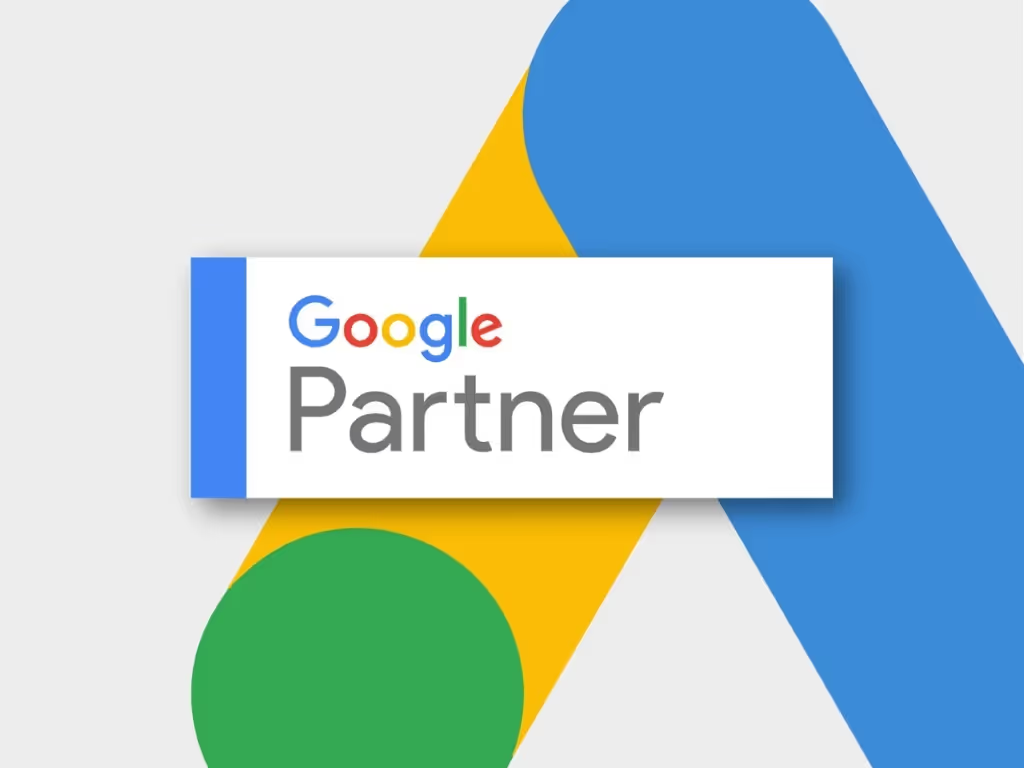
4.9 out of 5 from 670+ reviews on Fiverr.
That’s not luck — that’s performance.
Click-driven mind
with plastic-brick obsession.
We build Google Ads campaigns with the same mindset we use to build tiny brick worlds: strategy, patience, and zero tolerance for wasted pieces.
Data is our blueprint. Growth is the only acceptable outcome.

